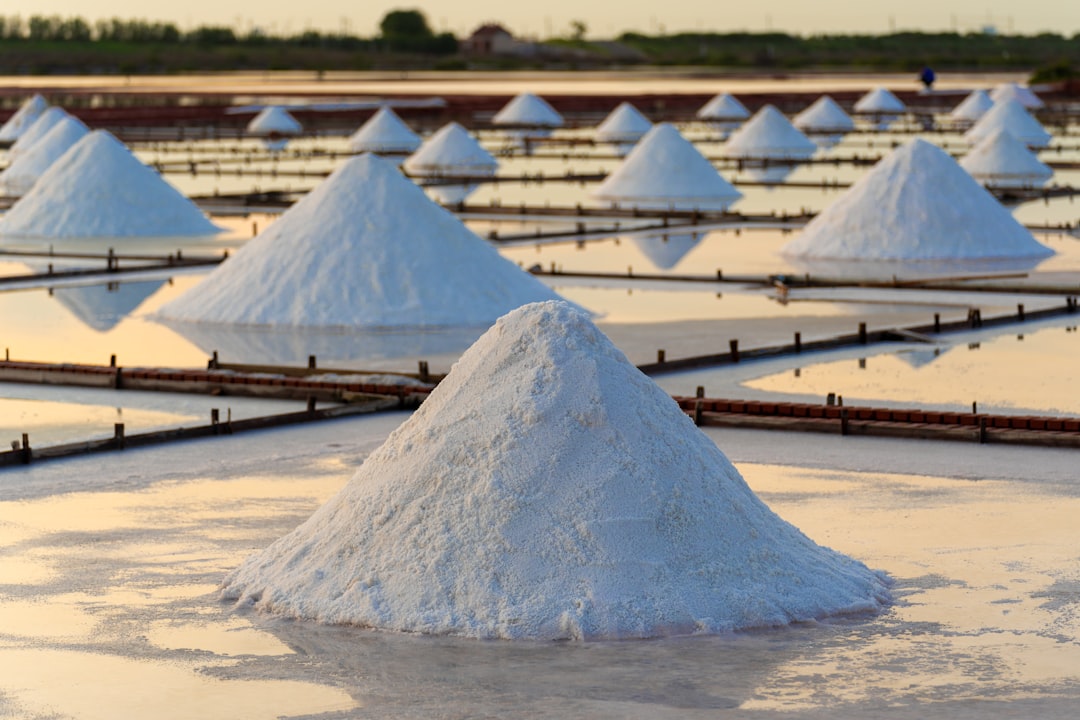Epsom Salt Battery Care for Long-Term Use
The Risks and Realities of Refilling Batteries with Different Electrolytes
Before attempting any form of rejuvenation or repair on a failing battery, assessing its condition thoroughly helps in diagnosing specific performance problems. A fully charged lead-acid battery should typically show a reading above 12.6 volts when tested with a multimeter. For instance, incorporating baking soda or aspirin into a battery's cells can lead to irreversible damage by neutralizing essential components or corroding internal structures.
While some expensive pulse chargers have shown promising results in laboratory settings according to Wehmeyer's tests, he warns that improper use or overly aggressive pulse settings can cause further damage rather than remediation. In effect this means,it is generally advisable to opt for professional services when your battery starts failing rather than attempting DIY fixes using household items like Epsom salt or aspirin.
A healthy one should recharge relatively quickly and retain that charge adequately under normal use conditions. Similarly, aspirin may temporarily boost performance but ultimately harms the internal chemistry of the battery by attacking crucial components like the positive lead dioxide plates.
While some advanced chargers may show promising results in reversing sulfation effects more quickly than traditional methods, improper application can be detrimental. Misguided EnhancementsThe practice of replacing diluted electrolyte in spent batteries with that from fully charged ones also falls into this category of misguided attempts at restoration.
